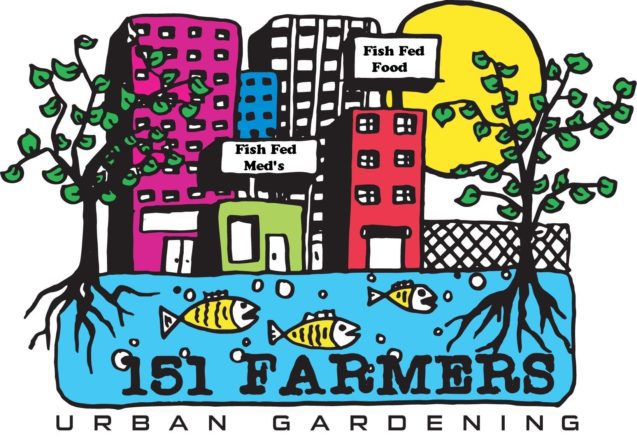What makes a 151 Farm different than any other urban farm operations we’ve seen?
Most people are familiar with the concept of Community Supported Agriculture (CSA) for bringing the ‘Farm to the Fork’. That is urban farms that our food closer to where it will be eaten. The problem with most CSA gardens is that they don’t manage to make enough money to be economically self sufficient and they end up having to shut down. That becomes a loss for our communities and those who came to rely on the fresh food that was being grown on these farms. What we saw was a way to combat that sad reality by integrating medical cannabis cultivation into those farms. We realized that as more states and local governments were legalizing cannabis for both medical and recreational use it was creating a flurry of regulatory activity that focused exclusively around cannabis and how it will be grown. We saw this as a lost opportunity to remind people that we have a food crisis in our communities that to varying degrees could be addressed by increasing and diversifying the crops that can be legally grown in an urban farm setting. We refer to this integration of crops as Cannabis Supported Community Agriculture.
Is there a difference between a 151 Farmer and a 151 Farm?
In a word yes. People. If you are a 151 Farmer you are part of the solution. A 151 Farmer builds a 151 Farm. The operation of that farm, be it big or small, depends on the people and their commitment to our ideals. To be a 151 Farmer is, in our humble opinion, one of the greatest rewards we can bestow upon someone as they become the force that helps in; ‘Changing the World, One Garden at a Time!’
When you say a 151 Farm is soil-less what does that actually mean?
What it means is that we are not tilling up the land to grow our plants. 151 Farms are set up on top of the concrete and asphalt. If at some point the property needs change to where it is going to be redeveloped, the farm and all of its equipment can be easily relocated to another site allowing it to carry on its operations.
Can you describe how the plants are grown?
151 Farmers are first and foremost organic farmers committed to providing ecologically sustainable cultivation practices for our local communities food and medical needs. Our farms utilize a Soil-Less Closed Loop Aquaponic System that in addition to using less than 5% of the water when compared to traditional soils crop cultivation techniques also becomes the perfect ecosystem between the plants and the fish. The way it works is that there is a recirculating system of water that flows between the fish and the plants. All of the plants. When properly balanced, that is the right amount of fish to plants in the system, there is a symbiotic relationship between the plants and the fish. The fish need the plants to keep the nitrite levels from their waste from getting too high and becoming toxic to the fish and the plants need the fish waste which will provide them with the majority of the nutrients they need.
So this seems great for our food supply but how does a 151 Farm secure the cannabis being cultivated?
Depending upon where the 151 Farm is located, the food crops may be grown outdoors, indoors or in environmentally controlled green houses where public access is allowed and even encouraged. On the other hand the medical cannabis plants are never grown outside but instead are secured inside of customized, environmentally controlled 151-Canna-Med Trailers that are not open to the public. The Canna-Med Trailers have been designed to be a self contained turnkey integration of the aquaponic fish water, power, lighting, HVAC, security cameras and controlled access features that prevent any unauthorized access to the plants. We refer to this as the Secured Medical Cannabis Cultivation area of our farms.
If I don’t have any experience with farming and particularly growing cannabis for medical use, how does one get that experience?
The beauty of a 151 Farm is that you are part of our family as a franchisee and we can teach anyone who is willing to learn. 151 Farms cultivation systems are modular and scalable. So while your particular project may be unique, the way we approach feeding the plants and fish is very much a uniform approach to any urban farm. Before you contact us we ask that if you are interested in becoming a 151 Farmer to go through our website and understand what it is we are proposing. Once you’ve done that and decided this might be right for you, the next thing you’ll want to do is see if your local government approves the co-cultivation of medical cannabis in their urban farming Land Use Regulations. If they don’t have a stated policy on it you should attempt to have an ordinance drafted that allows for it under the controls that we’ve described earlier. If they flat out refuse to allow it than we recommend you send us a copy of their ordinance and we will, if you’re willing, enjoin you in an attempt to have them reconsider their position based on the overriding best interests of the community when these farms are properly run.
A 151 Farm is a partnering opportunity. Explaining 151-Farmers Operator Contracts (151-FOC).
A 151-FOC is an operator agreement that exists between an individual community urban farm and 151 Enterprises that, among other things, allows us to purchase all of the medical cannabis grown on your farm. With our plan you will not have to worry about any of the propagation, vegetative, harvesting or sales aspects of the medical cannabis you’ll be growing. Once your farm is set up, running and has met the local regulatory requirements for cultivating medical cannabis, we will begin providing you with pre-flower plants that you will bring to harvest in our 151-Canna-Med Trailers. The way it works is we want the freshest, organically grown medical cannabis that we can acquire for our patients medical cannabis essential oils needs. As such we establish a 151-Central Processing Center (151-CPC) that services multiple 151 Farms, usually 10 or more, with medical cannabis genetics that we require for our patients. When your plants are due to harvest we will take them from the farm and replace them with new pre-flower plants and the cycle is then repeated. Our model is designed to improve patient efficacy with known genetics that have been organically grown, to be free of pesticides, fungicides or aerocides that would be potentially harmful to those patients with compromised immune systems. When the oils are extracted from a 151 Farm harvest there is no chance of those toxic chemicals being found as the plants can never be treated with any chemical that would find it’s way into the water and prove harmful to our fish. Once the extraction processes and lab testing has been completed we release our products through normal wholesale distribution channels that bring our products to licensed dispensaries where patients are able to acquire them for their particular needs.
Does 151 Enterprises offer any Regional Operation types of agreements?
The short answer is yes. We offer Master Regional Operator Contracts Administrator Agreements (MROCA) that are designed for those types of business enterprises that bring a value add to 151 Enterprises within a specific region. We are very selective in who gets these types of agreements but if you and your organization feel that you have the resources, management skills and shared vision for this scale of participation then we welcome you to consider our MROCA agreements and this sample Memorandum of Understanding that describes how it works; SAMPLE MROCA MOU
What about the other crops that are being grown on a 151 Farm? How are those brought to market?
The other crops are up to the franchisee to package and sell through whatever means they choose to do so. In addition to the co-cultivation of the fish and food crops we have found that hops can be a profitable crop as they appeal to local microbreweries who put a premium on locally sourced, organically grown hops for their beers. These are all economic opportunities for the individual farm to develop in response to their unique market conditions.
What types of areas would be best suited for a 151 Farm and do you help identify suitable properties for your 151-FOC?
We don’t have a database of eligible properties. What we recommend is that anyone who is interested in developing a 151 Farm and should contact their local city administrator and ask to see a list of properties that they have on their books as non-active, non-performing, tax delinquent, or otherwise just taking up space on their books while they look for a future development opportunity for what should be an asset. When you have that list look for properties that have the following minimum qualifications;
- The property should be at least 10K sq-ft in size.
- It should be level with stable ground and in an area that lends itself to normal traffic access.
- It should be able to be fenced off so as to control access to the entire site.
- The property will need a water supply.
- There should be electric utility power available of a minimum 100 amps at 120/240 volts. If not, a pole would be set to provide new service to the property.
- Plan on the 151-Canna-Med Trailer being located in the rear portion of the lot with the traditional crops taking up the front and middle of the farm.
Once you have found that property it would be time to approach the city with your plan for revitalizing that property with a 151 Farm under some type of lease or purchase agreement that gives you the security to invest and maintain operations for your venture. Cities can see this as a win/win if the project works to revitalize the area with fresh food, jobs and in some cases there is even space created out of shipping containers that provide housing for those who are willing to work on the farm in exchange for a place to stay. Remember this is all considered temporary, in that the structures and the farms are not permanently attached to the ground. We are not asking local governments for permanent construction considerations. We are asking for a spirit of cooperation that begins with the way we grow our food and meds that seek to protect all of our interests.
What types of employees and how many will be needed for an operation of this size?
We tell people interested in getting into urban farming that this is a job. There is something to do on that farm every single day and it’s important to know that its successful operations requires a commitment to that task. As an owner or investor you can find competent managers who will keep you abreast of how the farm is running but there is nothing better than seeing the operation for yourself on a regular basis and staying involved. We are always able to discuss farm strategies and answer specific questions you will have. If your seeing problems with any of your plants send us pictures of them and we’ll make recommendations as to what corrective measures need to be taken. The number one most important thing these farms need to stay functioning is the daily care and commitment of the key management people running the farm. They will be responsible for its success of failure. We recommend that each farm have a single Manager and one Assistant Manager. With that you will add help as required for certain tasks such as harvesting when the time comes to do so.
What does a 151 Farm do for the community?
We like to open up our farms to the public for tours so they can see the traditional crops cultivation process and how it works with the fish. It’s always rewarding to see young minds become interested in agriculture and how the basic chemistry of the nitrification cycle works between the fish and the plants. It makes them want to learn more. In addition to the farm tours we like to inspire and assist our communities in other areas:
A 151 Farm welcomes a wide diversity of talents. Not everyone is going to be a farmer or a carpenter. Perhaps you are an artist, a musician or a chef to name a few skillsets. If your willing to assist in farm related tasks and have talents that can be used to inspire others we welcome that diversity to our farms as it opens up those talents to others who may not have even realized they had an appreciation for those skills or maybe even had some latent talent of their own which could be mentored during their time here.
What is the 151 Farms Hand Up program?
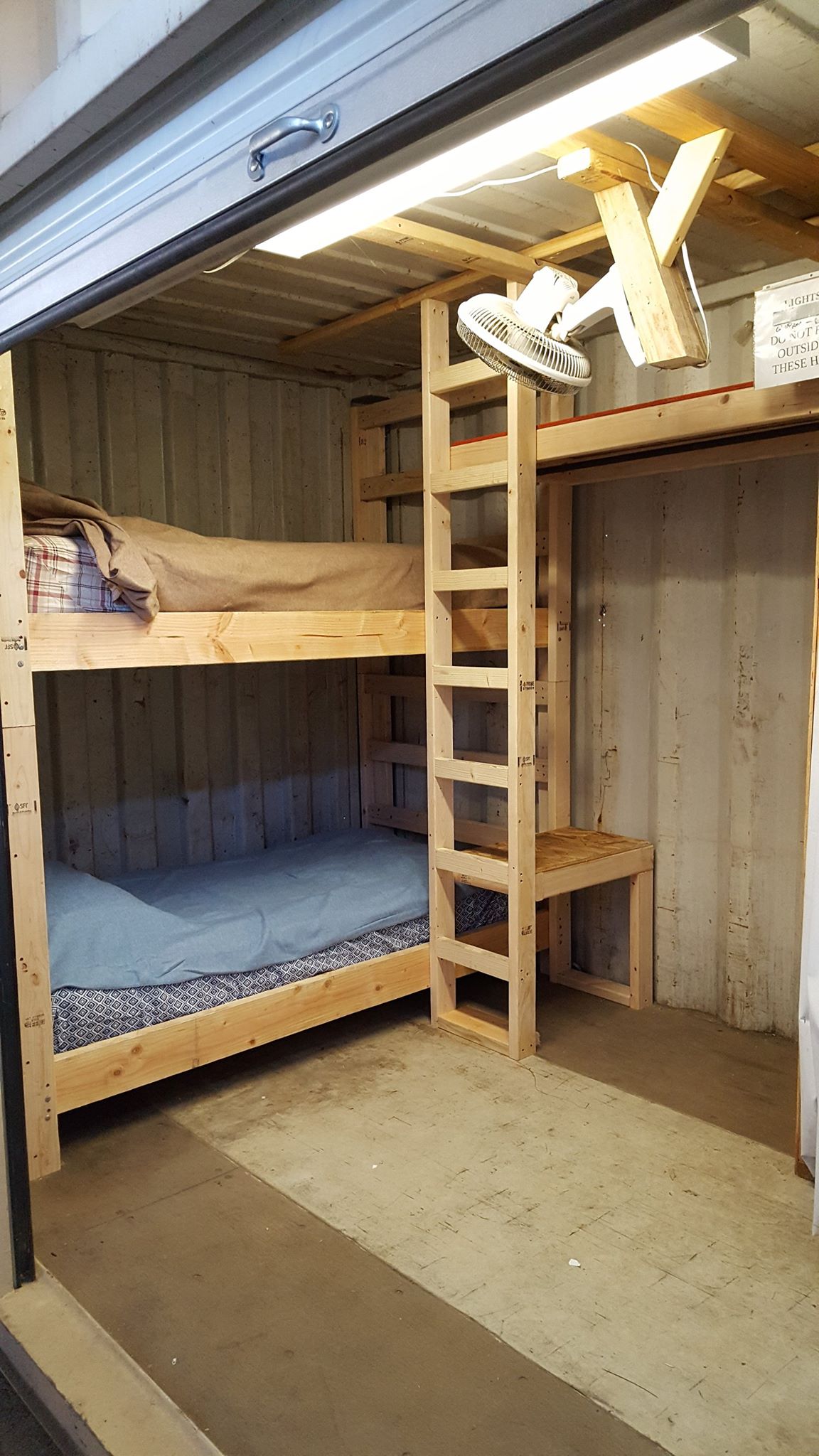 A 151 Farm is a Hand Up program is a multi-faceted program that deals with transitions. These transitions are found in life to be times in our lives when we experience; homelessness, joblessness, transitioning from incarceration and from having served in our military. It also recognizes the importance we as a community should have when caring for those who are convalescing or are at end of life. Warehousing our elderly is not an altruistic and humane way of treating those amongst us who are in this stage of their life.
A 151 Farm is a Hand Up program is a multi-faceted program that deals with transitions. These transitions are found in life to be times in our lives when we experience; homelessness, joblessness, transitioning from incarceration and from having served in our military. It also recognizes the importance we as a community should have when caring for those who are convalescing or are at end of life. Warehousing our elderly is not an altruistic and humane way of treating those amongst us who are in this stage of their life.
With birth there is celebration. As a society we have found ways to celebrate new life. With end of life and death we have not been as adept at handling that relationship. We believe that if people have meant something to you throughout your life, as they get older it’s important that, even up to an end of life scenario, they know you’re around to participate in whatever precious time you might still have with them. Will that take some work? Yes! Will it always be something the average working family can take on? Not always. Is putting them in a convalescent home or hospice the best choice? Perhaps those have been the patient and family’s ONLY choices. At 151 Farms we envision something very different.
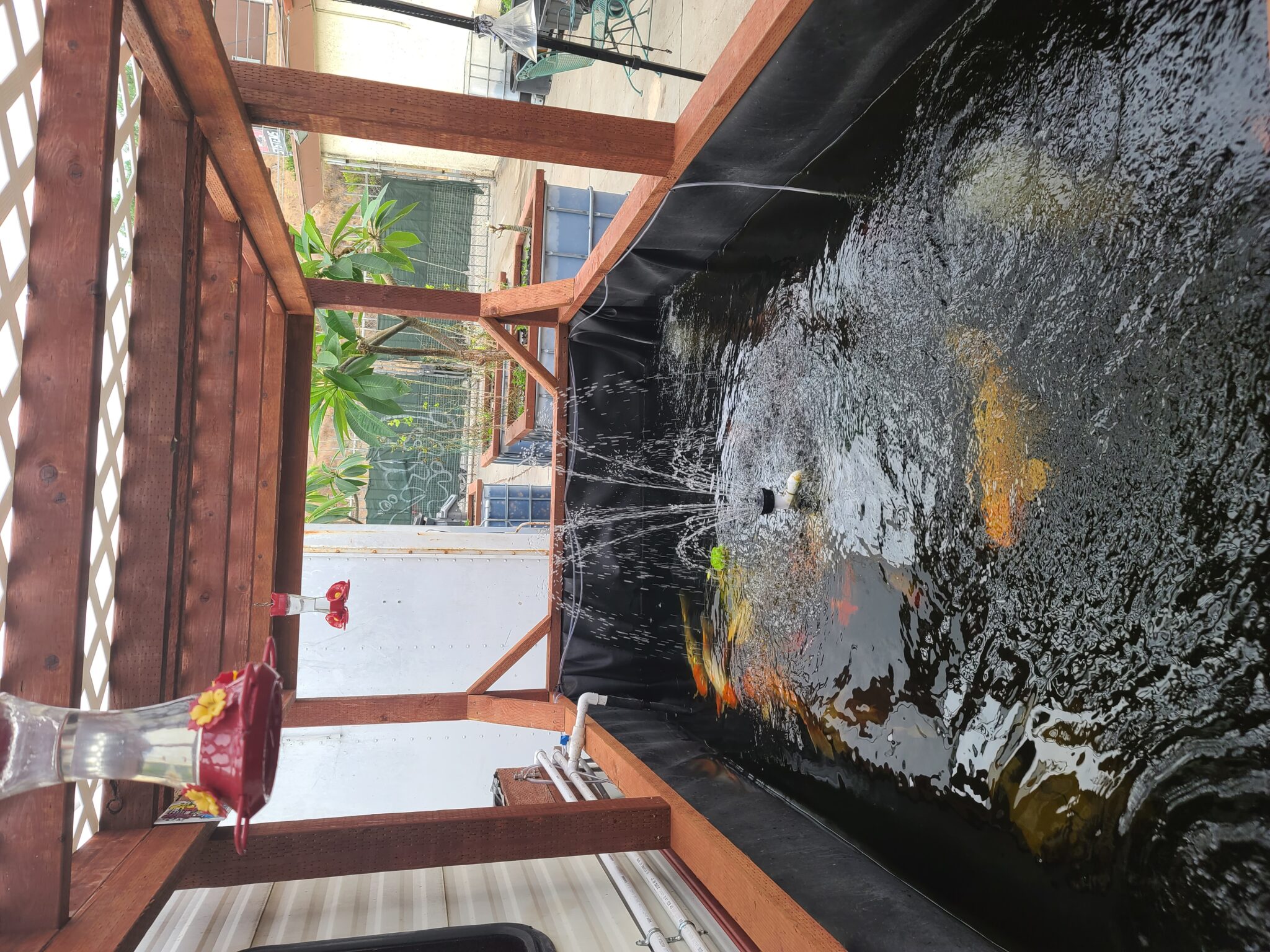
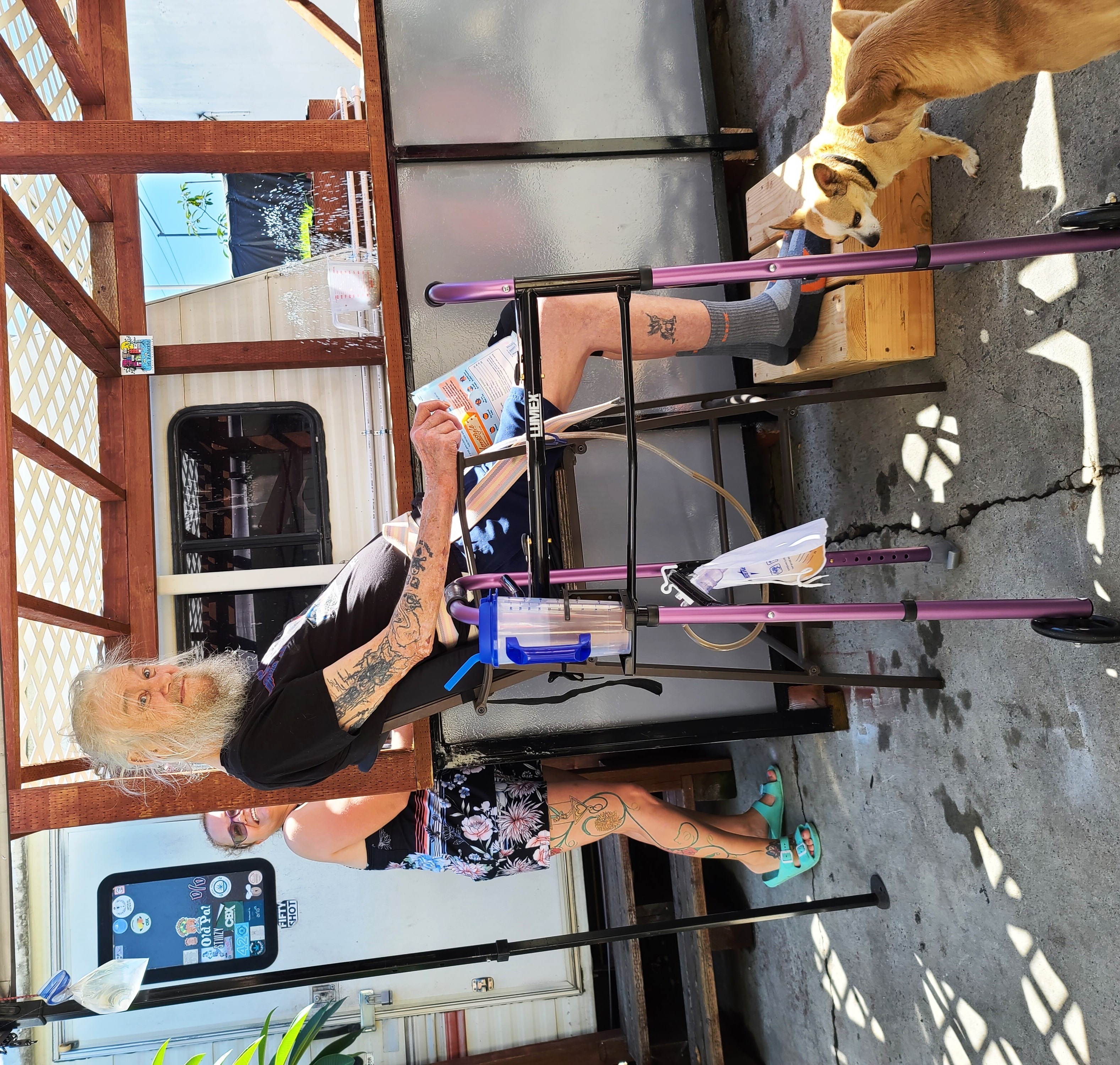
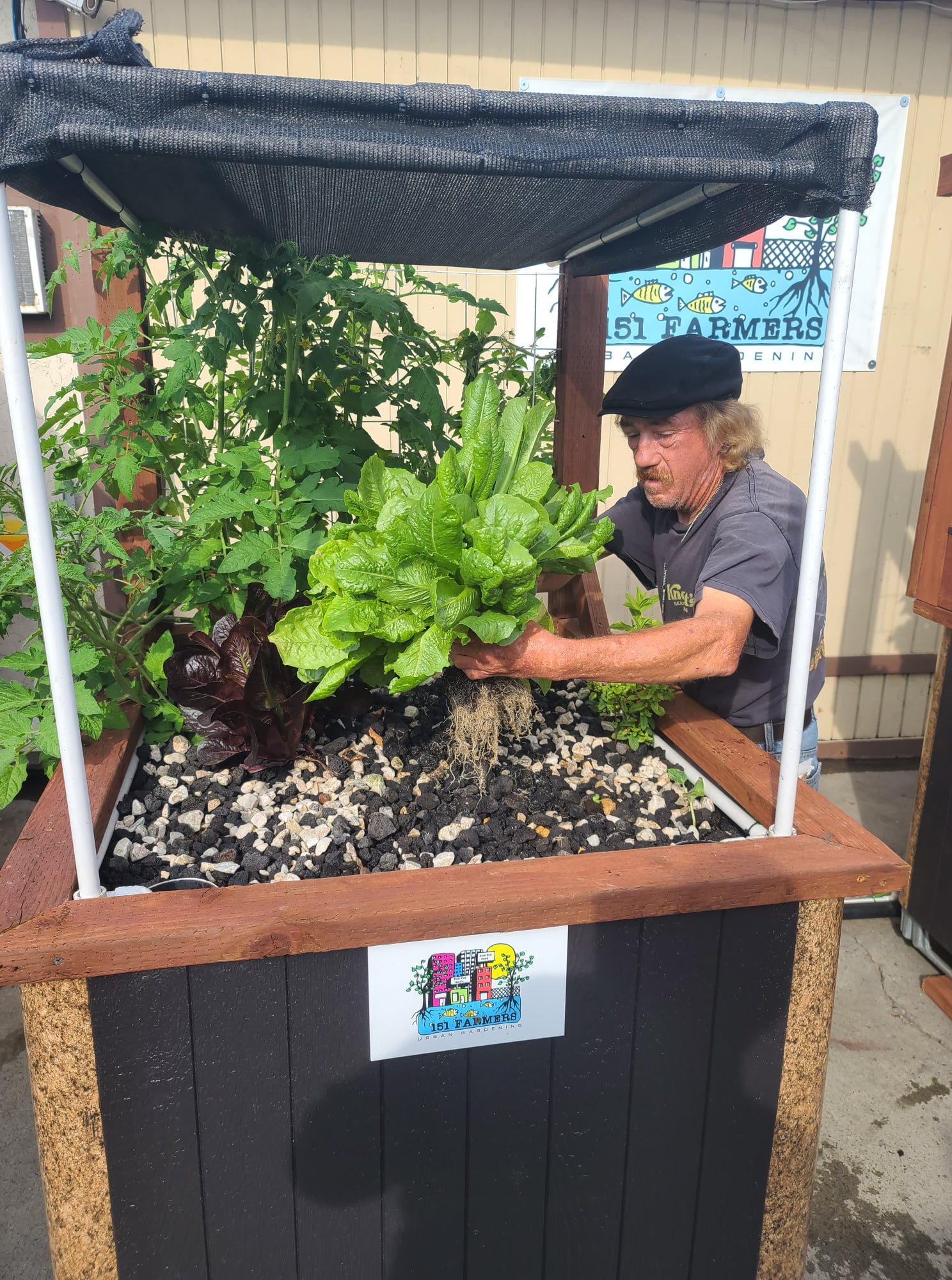
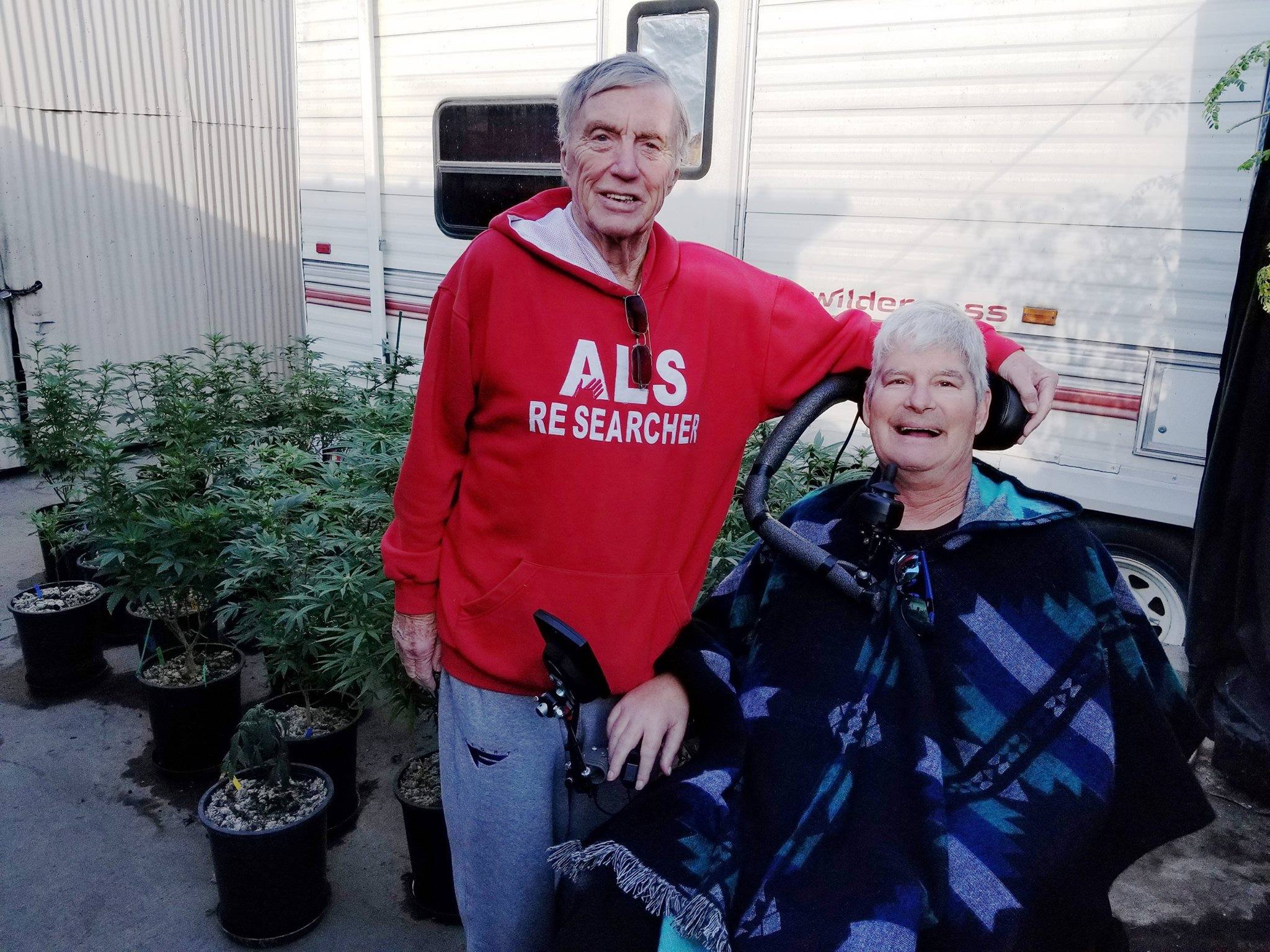
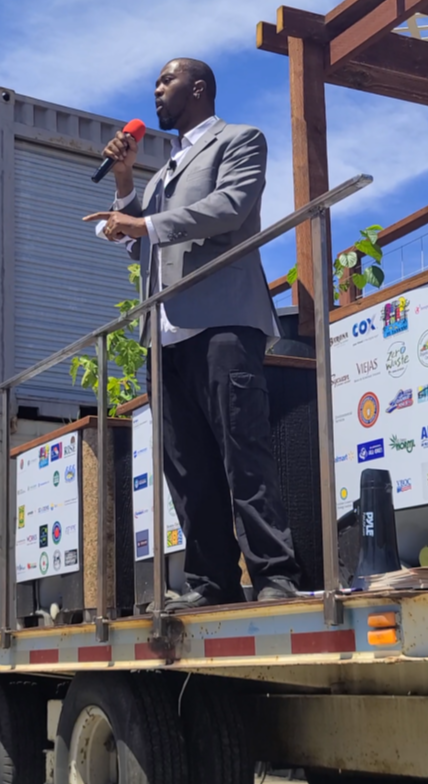

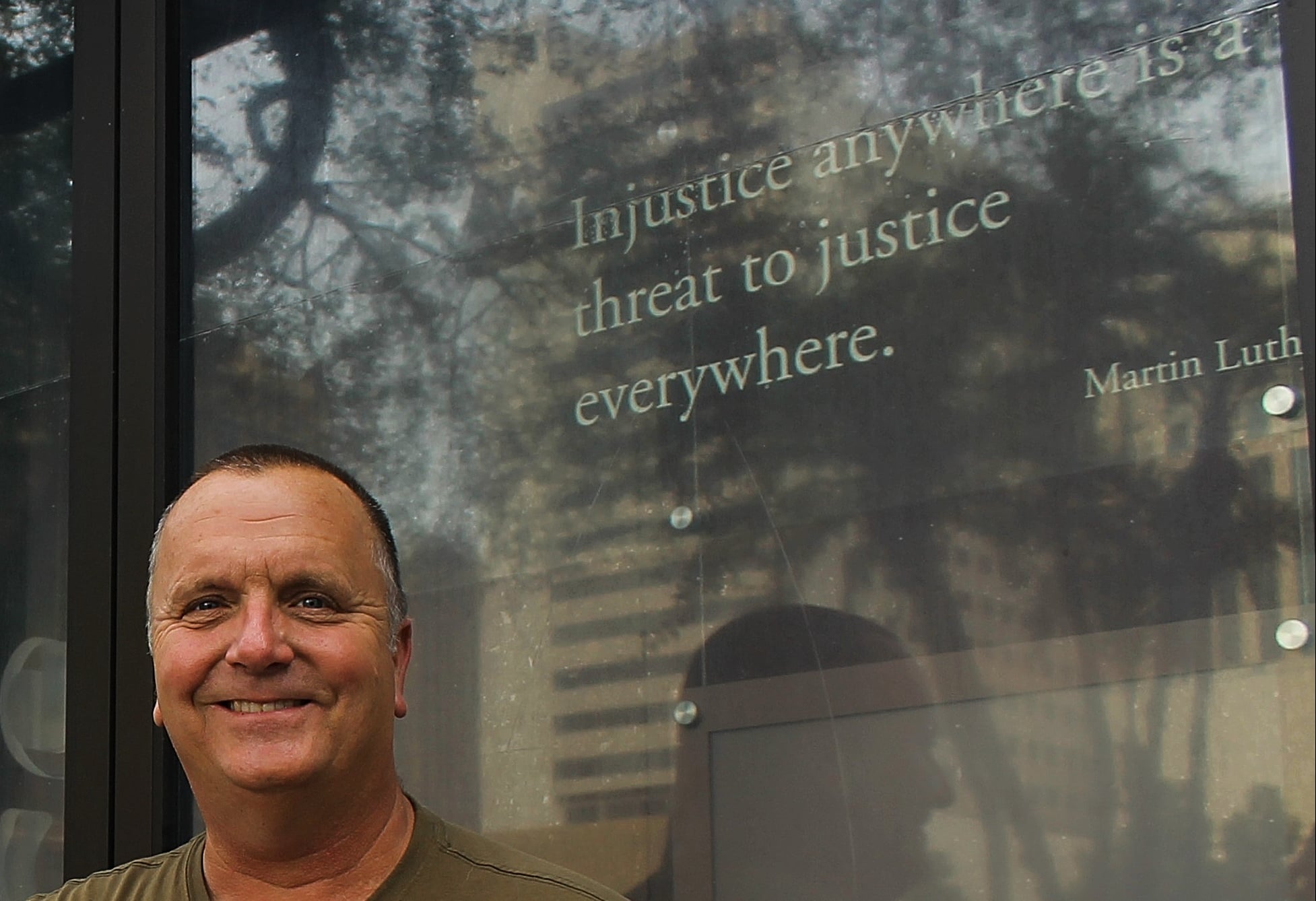
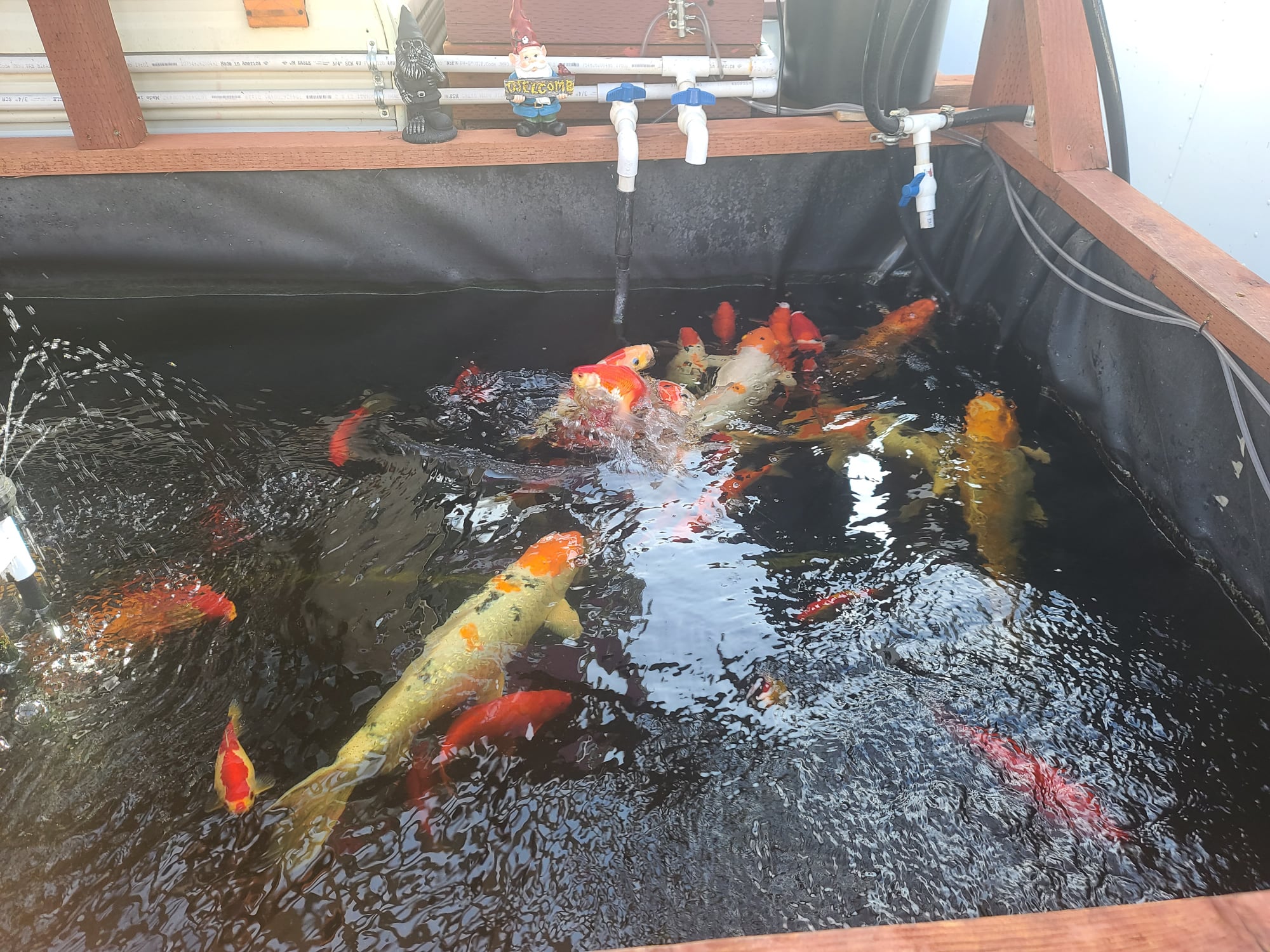
If that’s you, then we should talk.
